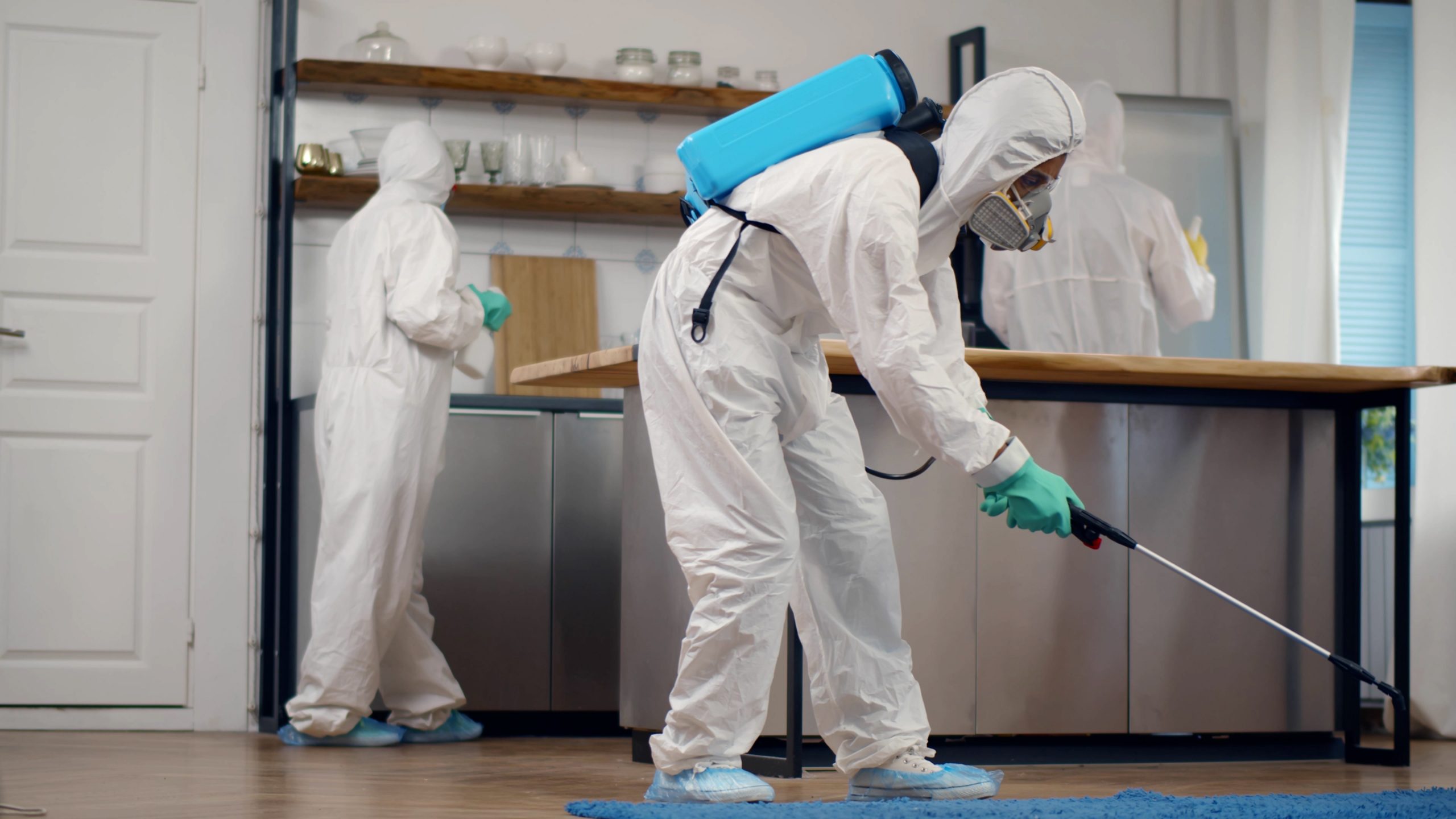Comprehensive Pest Control Auckland Solutions: Safeguard Your Space Today
Wiki Article
Recognizing Different Types of Insect Control Methods and Their Effectiveness
When taking into consideration insect control approaches, it is crucial to comprehend the varied techniques offered and their varying levels of efficiency. By exploring the subtleties of these pest control methods, an extensive understanding of just how to address parasite issues can be established.Chemical Pest Control Approaches
Chemical parasite control methods play an essential duty in properly managing and eliminating pest invasions in different atmospheres. One of the vital benefits of chemical parasite control is its ability to offer fast and targeted remedies to pest troubles. Pest Control Auckland.However, it is vital to take into consideration the potential dangers and downsides related to chemical parasite control methods. Overreliance on chemicals can bring about the advancement of chemical resistance in parasites, making them more difficult to manage in the future. Furthermore, using certain chemicals can have unsafe impacts on non-target microorganisms, the setting, and human wellness if not applied appropriately.
Biological Insect Control Approaches
Making use of natural predators and pathogens to take care of bug populaces efficiently, organic insect control methods use a sustainable and eco-friendly technique to pest management. By presenting or promoting the activity of organisms that normally victimize or infect bugs, such as ladybugs for aphid control or certain germs for caterpillar infestations, biological control can aid preserve parasite populaces at convenient levels without the requirement for artificial chemicals. This approach is particularly helpful for natural farming practices, as it prevents using possibly damaging materials while maintaining crop wellness.
Physical Insect Control Techniques
While biological insect control methods focus on utilizing natural predators and pathogens, physical parasite control approaches make use of physical and mechanical obstacles to handle insect populations. These methods are typically thought about eco-friendly as they lessen using chemicals. Physical bug control includes techniques such as capturing, utilizing obstacles like webs or displays, and physically removing pests from the location.Catches are typically used in physical parasite control to catch and remove parasites like bugs and rats. These catches can be baited with food or pheromones to navigate to this site bring in the insects, leading them to a contained location where they can be easily gotten rid of. Another physical approach is using barriers such as nets, fencings, or displays to protect against bugs from entering or infesting specific locations. For instance, installing fine mesh screens on windows can aid maintain out mosquitoes and flies.
Natural Pest Control Methods
Integrating plant-based repellents and natural predators is a crucial approach in executing efficient all-natural pest control approaches. By encouraging the presence of valuable insects like ladybugs, lacewings, or aggressive mites, gardeners can naturally control pest populations. These predators feed on usual yard parasites such as aphids, termites, and caterpillars, helping to keep a well balanced ecological community without the demand for chemical treatments.
Moreover, executing cultural methods such as crop visit site rotation, buddy planting, and maintaining correct plant wellness can likewise enhance the performance of all-natural pest control techniques. These strategies not just help in stopping parasite problems yet likewise promote biodiversity and general ecosystem strength. By incorporating these natural techniques, people can properly take care of pests while minimizing ecological influence.
Integrated Insect Monitoring (IPM) Technique
Implementing an Integrated Bug Management (IPM) technique is necessary for efficiently regulating pest populaces while minimizing reliance on chemical pesticides. IPM is a sustainable and comprehensive technique that combines numerous insect control approaches to achieve long-lasting solutions. This technique concentrates on tracking, avoidance, and control to address bug problems in an eco friendly way.IPM incorporates biological, cultural, physical, and mechanical methods with the strategic and limited use pesticides when necessary. By stressing positive procedures such as environment adjustment, organic control, and exemption, IPM intends to reduce pest populations and their effect on the community. Routine tracking is vital in IPM to assess pest degrees properly and establish one of the most appropriate control approaches.
Among the crucial advantages of IPM is its capability to reduce the risks connected with too much chemical use, such as environmental contamination and harm to non-target microorganisms. In addition, IPM promotes a more holistic approach to pest monitoring by taking into consideration the total ecological community dynamics. On the whole, the IPM strategy uses a lasting and efficient service for pest control while advertising ecological responsibility.
Final Thought
In conclusion, comprehending the various types of insect control techniques and their performance is important in properly managing his explanation insect invasions. Integrated Parasite Management (IPM) approach, which integrates different approaches for lasting bug control, is progressively being identified as a all natural and environmentally friendly option.Chemical bug control approaches play a crucial duty in effectively managing and eliminating pest invasions in different atmospheres.Using natural predators and microorganisms to handle insect populations efficiently, biological insect control methods offer a sustainable and environmentally friendly technique to pest administration. By introducing or promoting the activity of microorganisms that normally prey on or infect insects, such as ladybugs for aphid control or particular bacteria for caterpillar problems, organic control can aid preserve pest populaces at workable levels without the need for artificial chemicals.While organic insect control methods concentrate on taking advantage of natural predators and virus, physical bug control methods utilize physical and mechanical barriers to manage parasite populaces. Integrated Insect Management (IPM) approach, which incorporates different methods for lasting parasite control, is significantly being identified as a all natural and eco pleasant option.
Report this wiki page